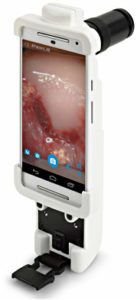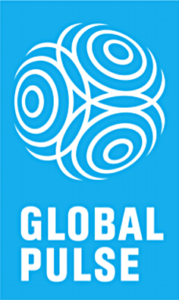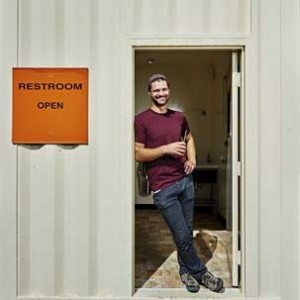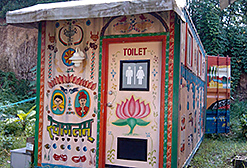Did you know 42% of youth have experienced cyberbullying, and of this group, 54% became depressed or anxious, 21% skipped school, and nearly 16% used alcohol or drugs to cope? It’s a sad reality that YTH (Youth Tech Health) recently discovered in a study by the Vodafone Americas Foundation that analyzes the current cyberbullying landscape.
In October 2016, YTH and the Foundation held a briefing in New York City to present findings from the study and bring together experts and key stakeholders to put the research to action. It was an incredibly special event as we also had young people bravely share their personal cyberbullying experiences with the group. To be in a room with allies who want to create safer online experiences for youth was inspiring and invigorating. However, our research is just half of the story. More
 In 2014,
In 2014, 
 I didn’t start out to become the creator of a texting toilet, but my team’s invention, with the Vodafone Americas Foundation’s help, will make a major contribution to solving one of the world’s biggest development challenges.
I didn’t start out to become the creator of a texting toilet, but my team’s invention, with the Vodafone Americas Foundation’s help, will make a major contribution to solving one of the world’s biggest development challenges.